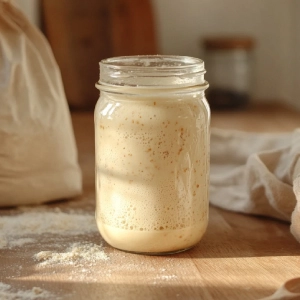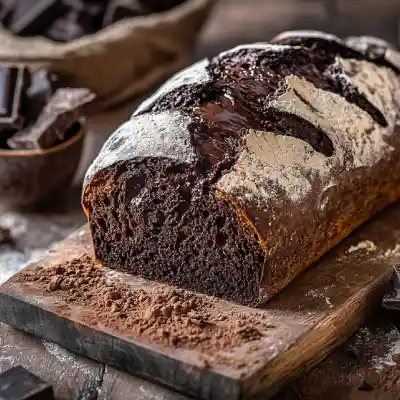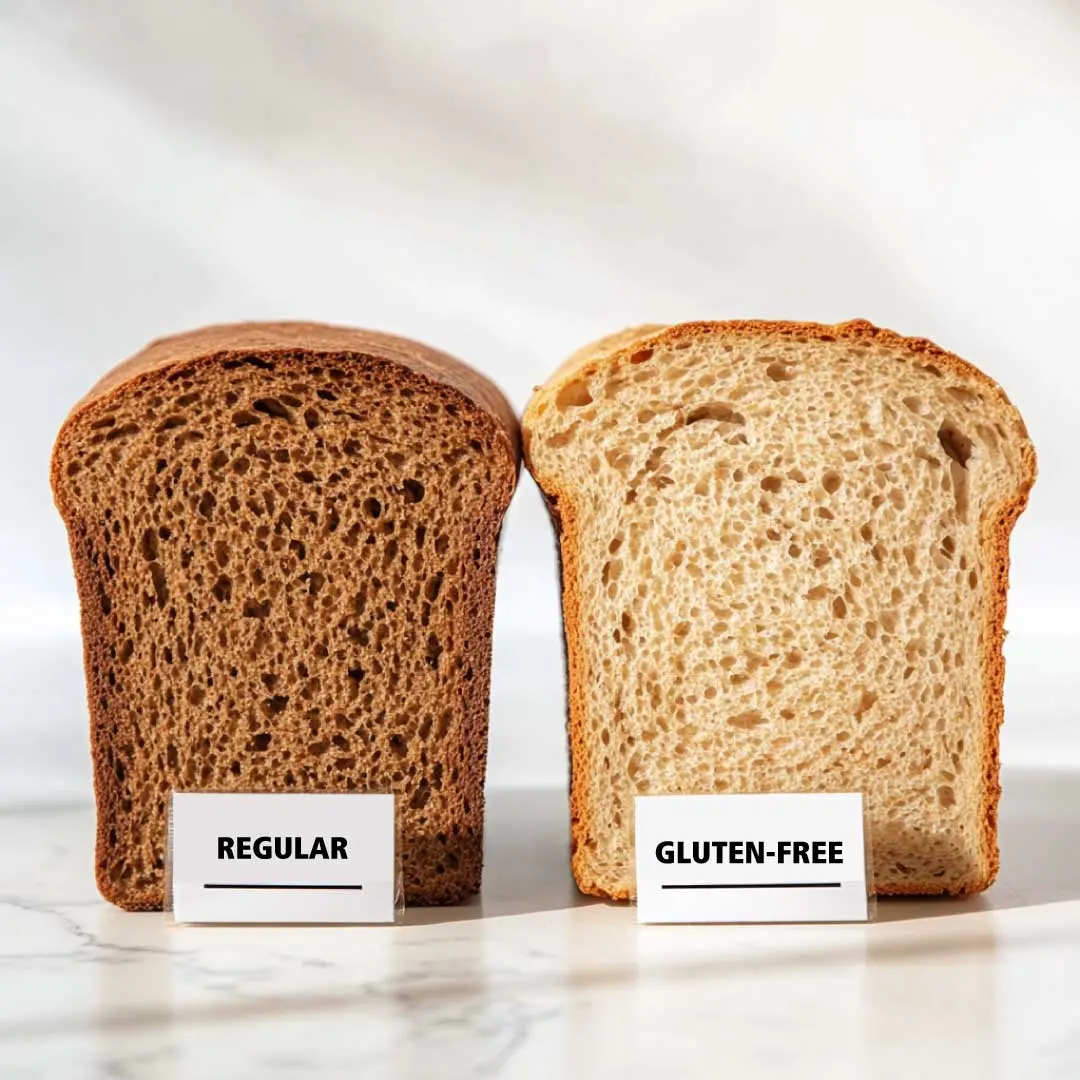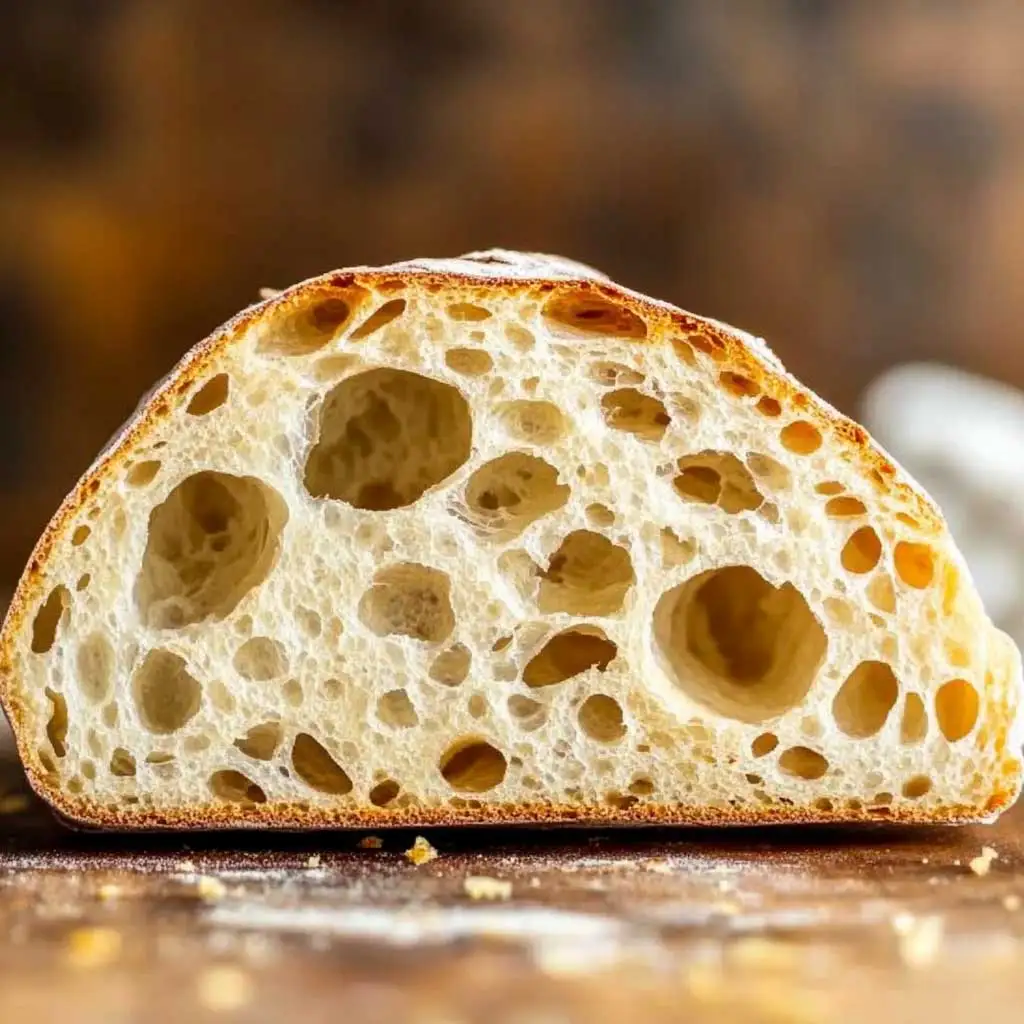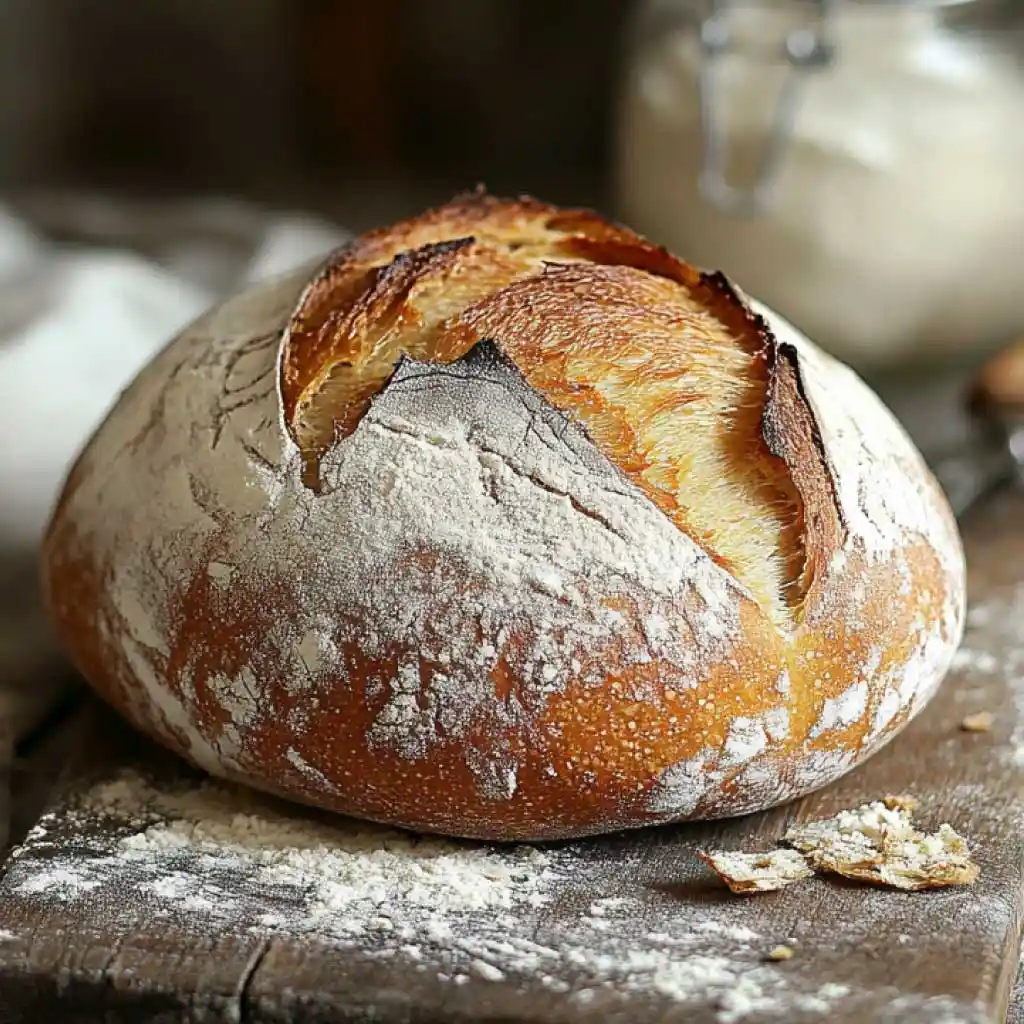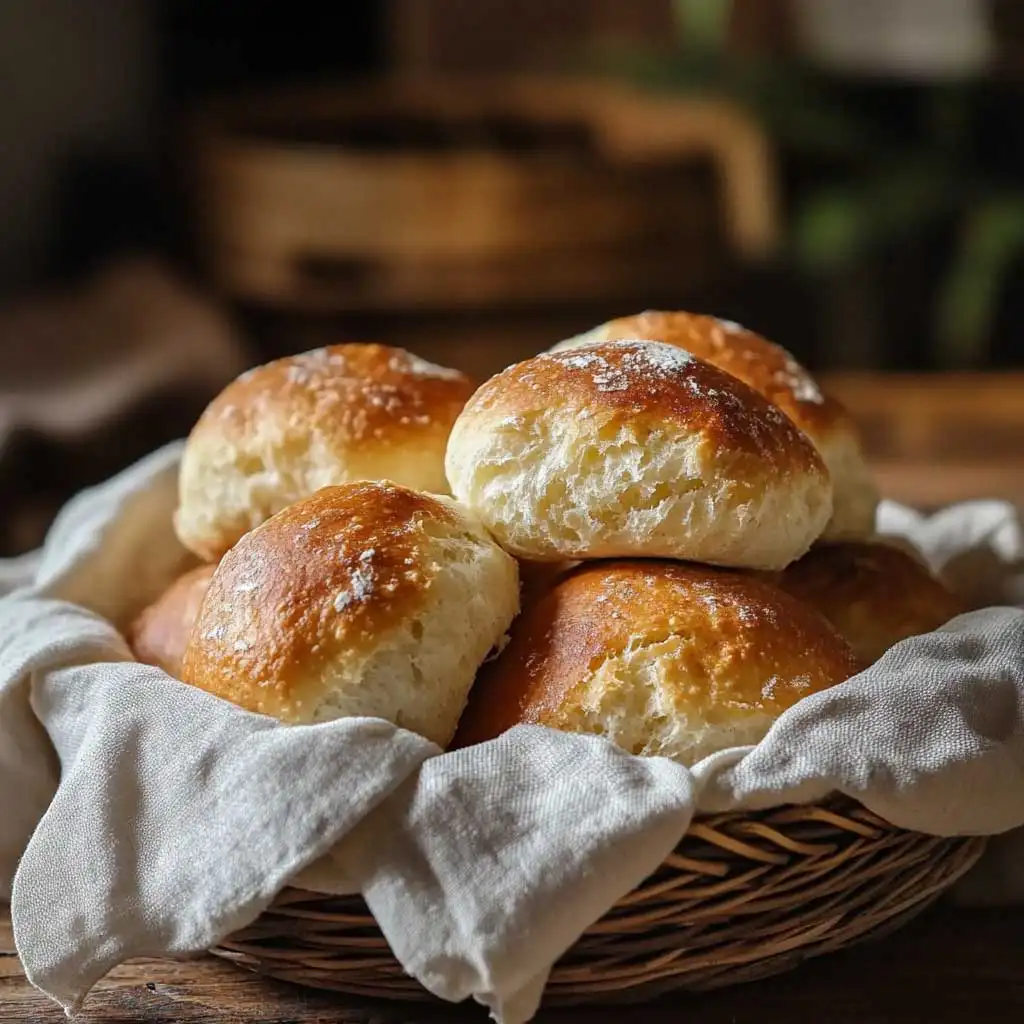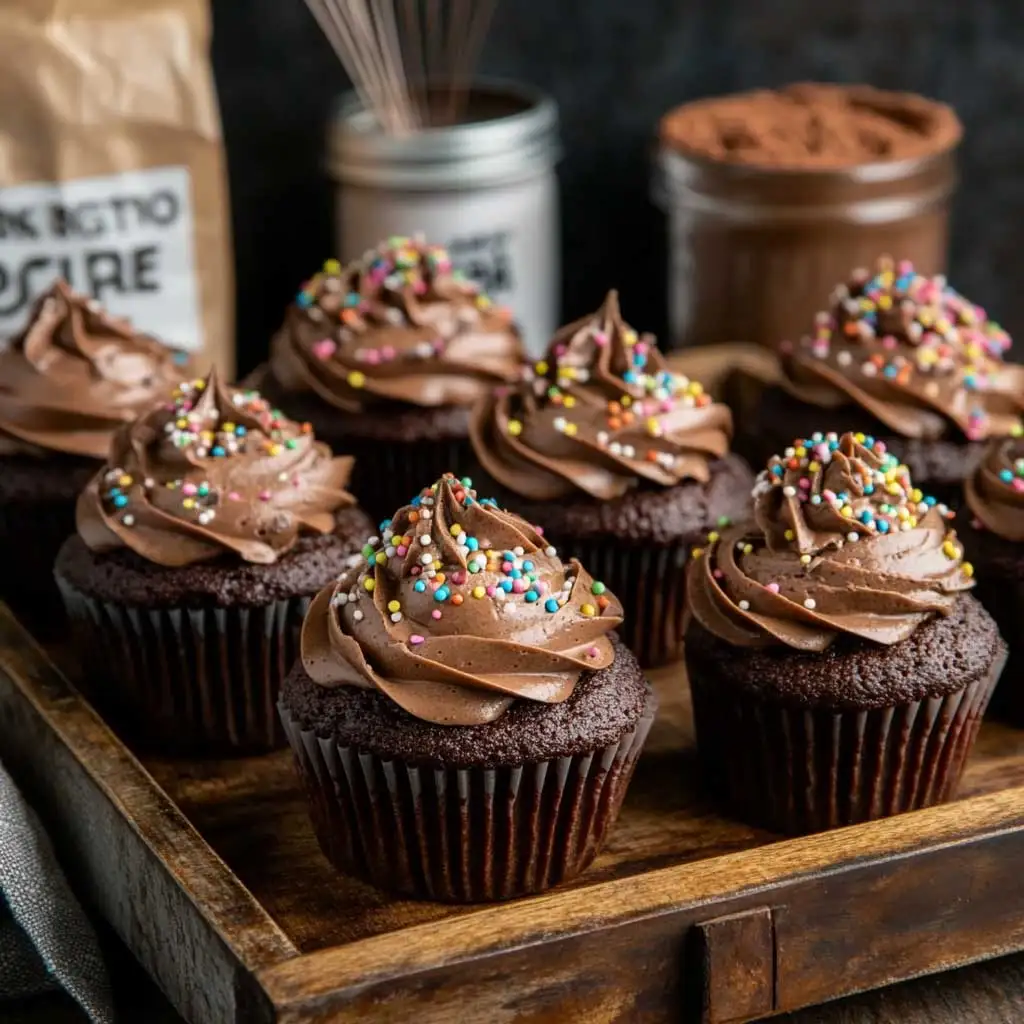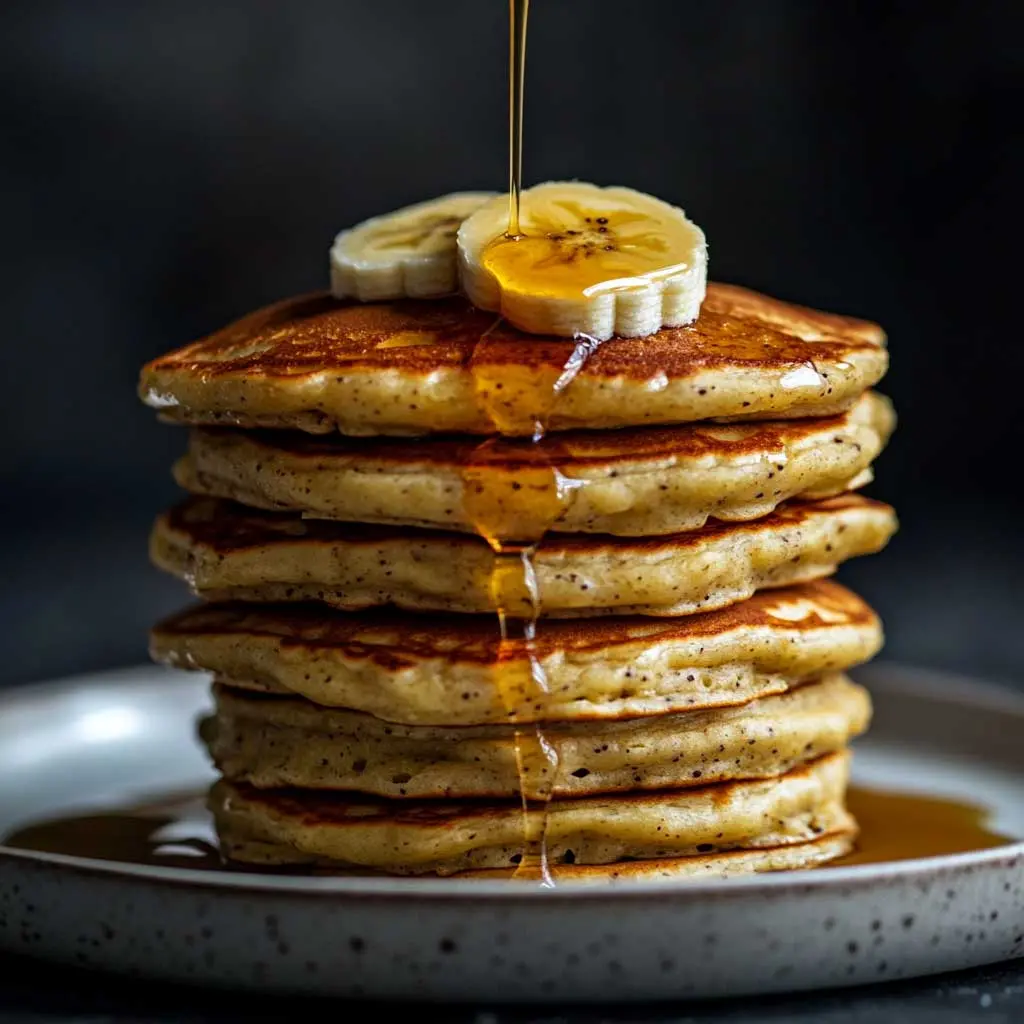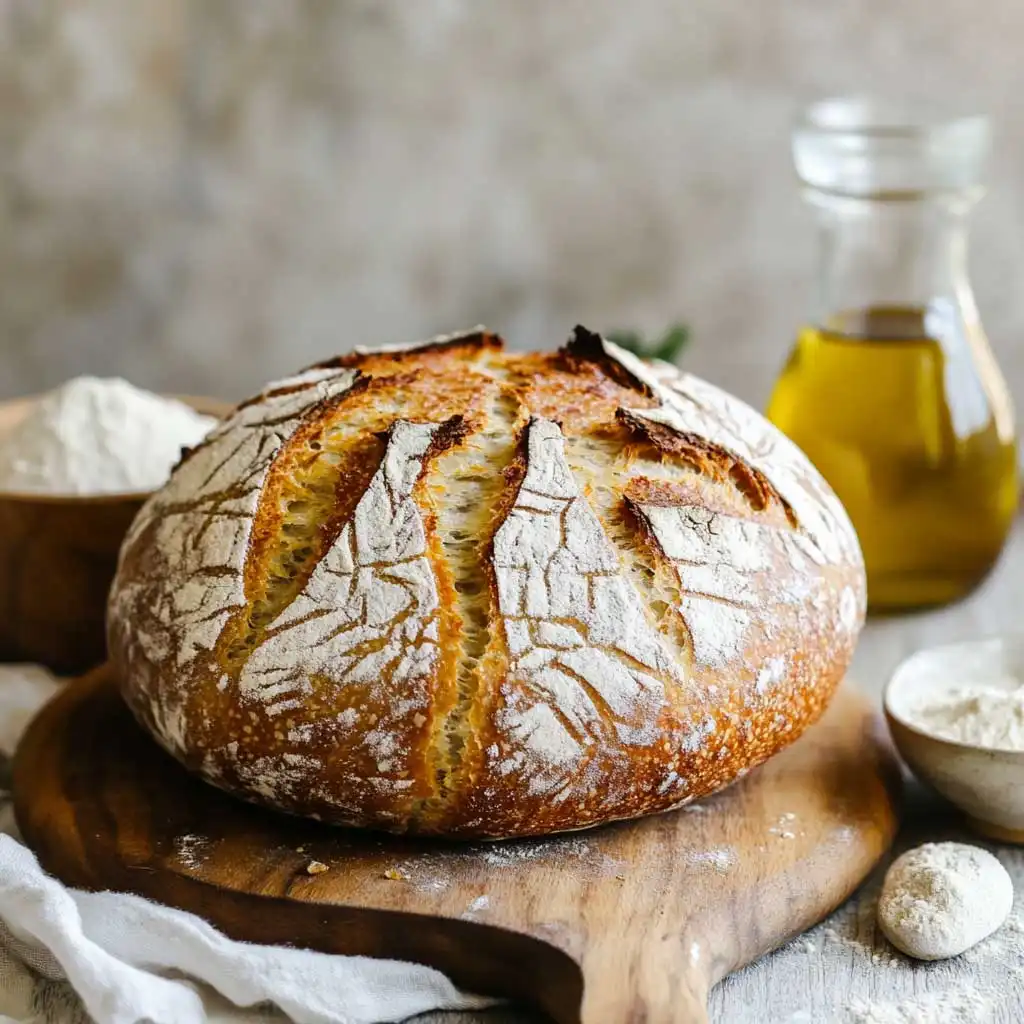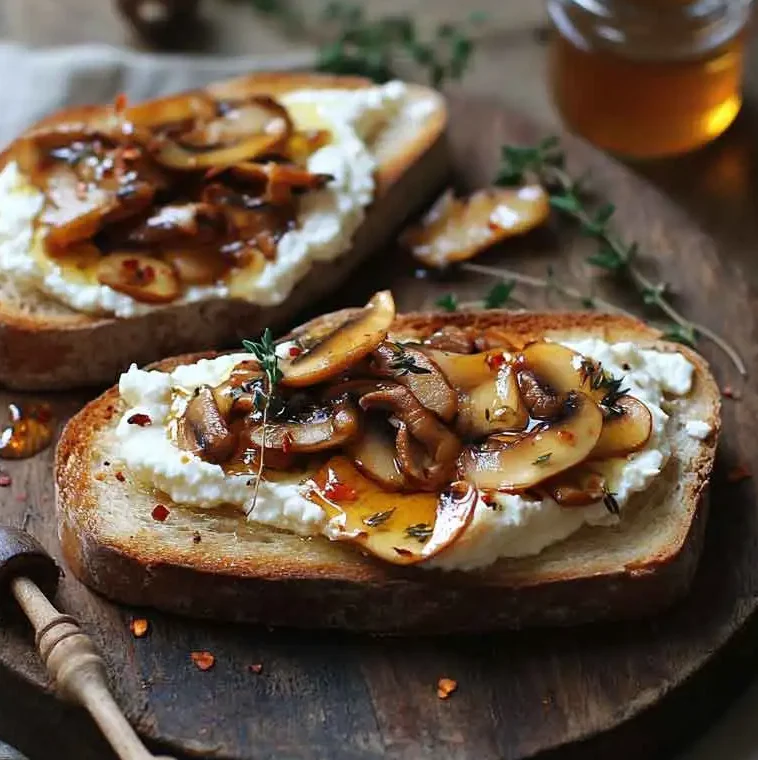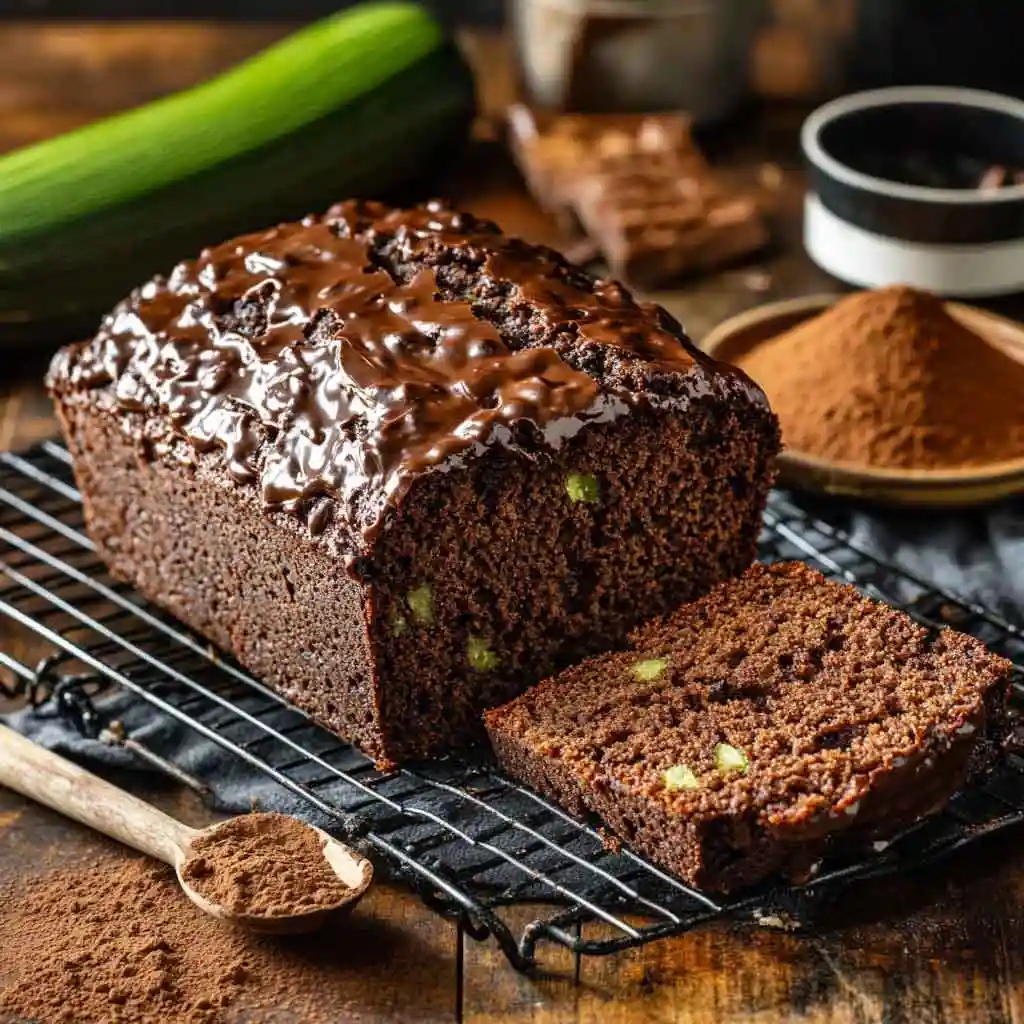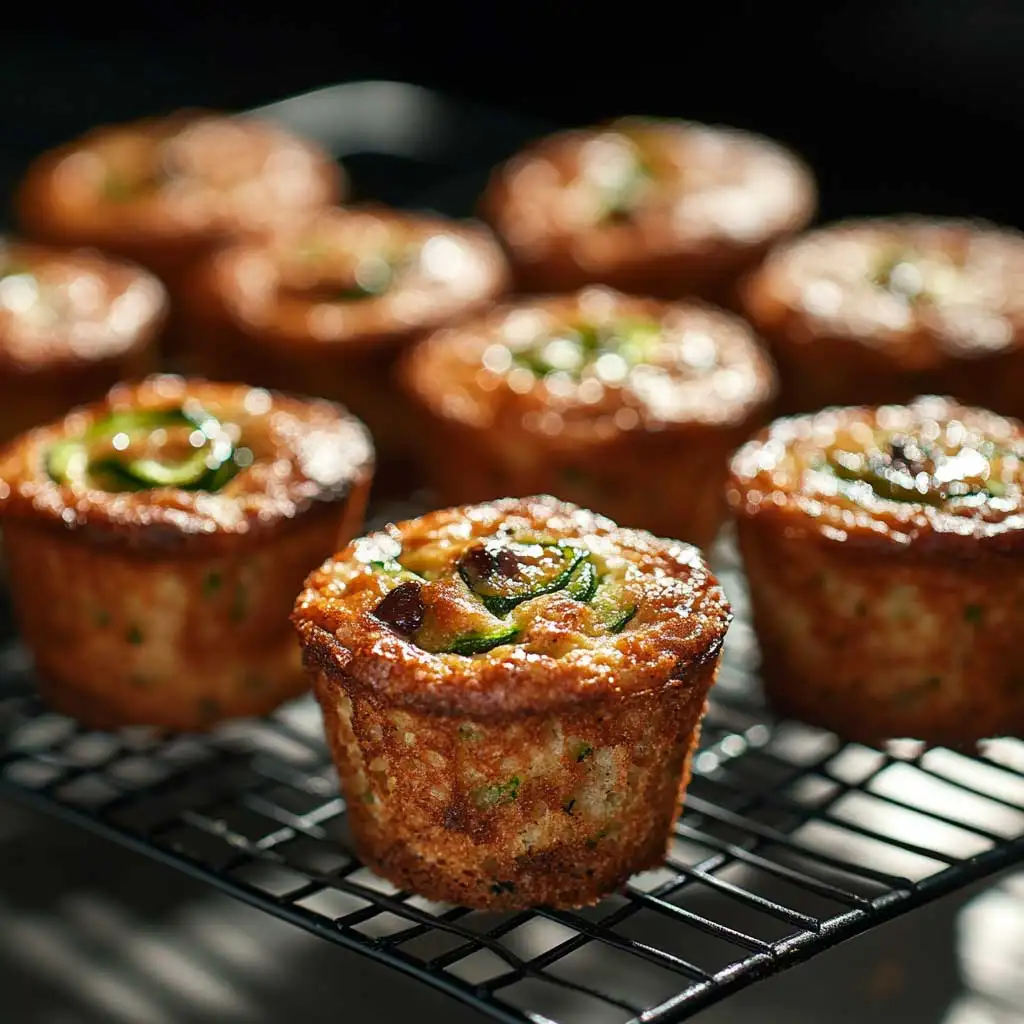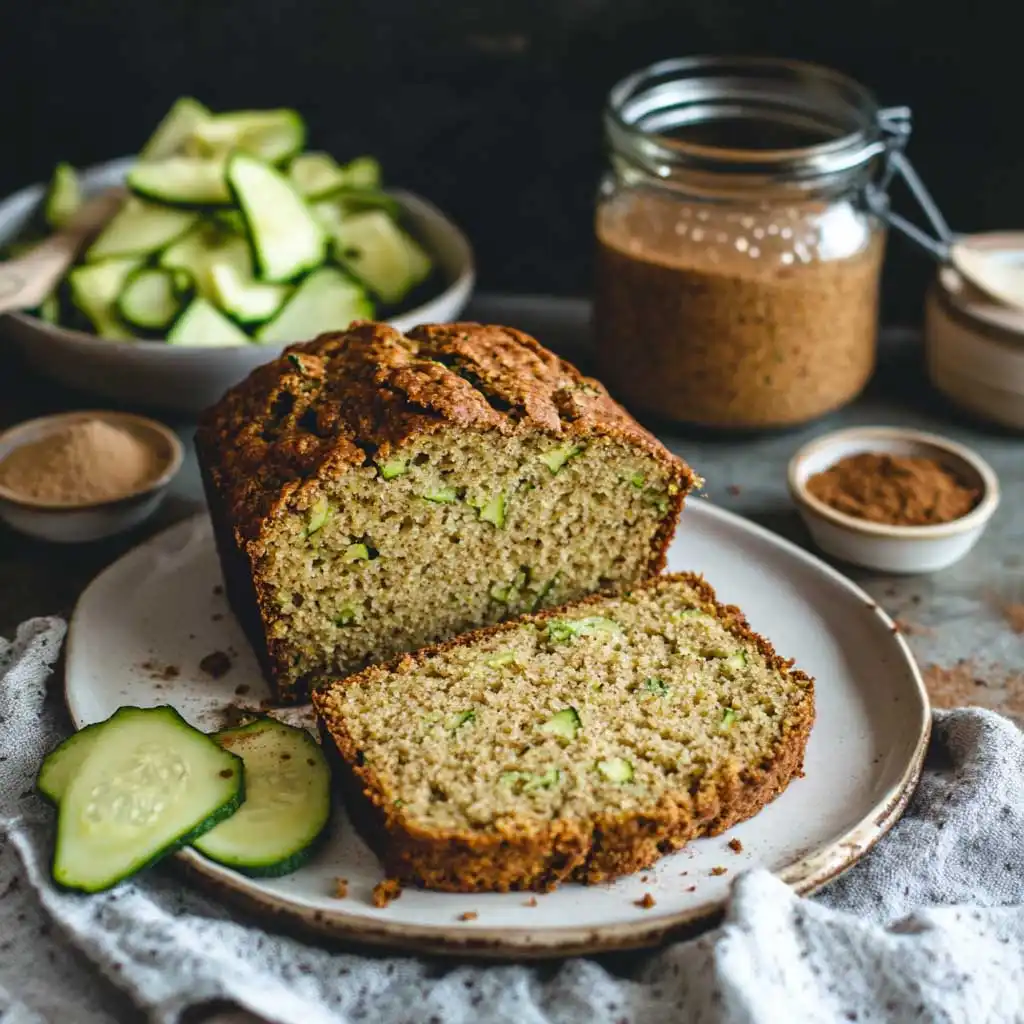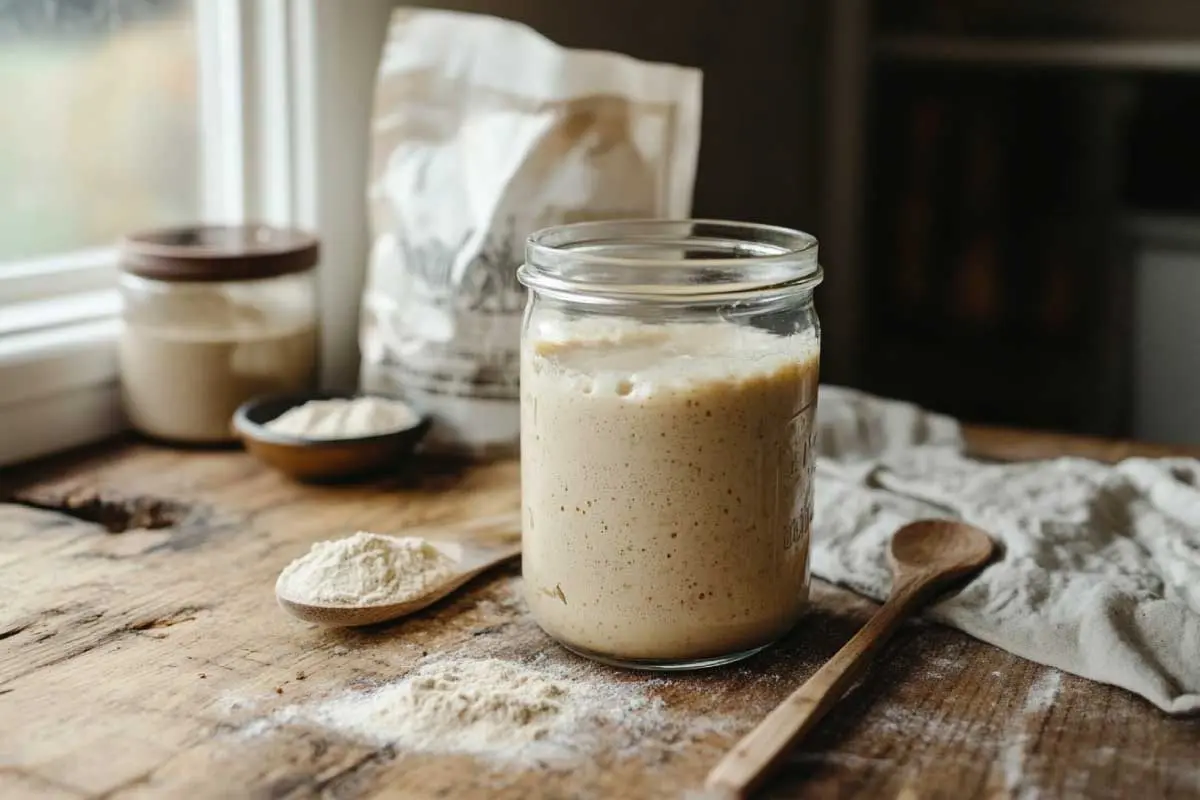
Let me tell you something upfront—making an organic sourdough starter might just become your favorite kitchen experiment. Trust me, it’s not as scary as people on the internet sometimes make it out to be! If you’re like me and love bread but also care about using wholesome, natural ingredients, stick around. We’re diving into everything you need to know about this magical mix of flour, water, and patience (yes, patience is definitely an ingredient here).
Whether you’re a complete newbie, a casual bread baker, or someone who just enjoys a challenge, this blog post will walk you through every crumb of information you need. And hey, if 2023 has you on a kick to try new handmade projects—maybe because bread baking is still trendy post-pandemic—you’re in the right place.
What Is an Organic Sourdough Starter, Anyway?
Here’s the deal: a sourdough starter is basically a natural leavening agent. But an organic sourdough starter? That just means you’re using flours and ingredients that are free of pesticides and synthetic additives. It’s about as “pure” as baking gets. The beauty of organic flour is that it’s often rich in wild yeast and beneficial bacteria, which helps kickstart fermentation (and gives your bread incredible flavor).
No fuss, no commercial yeast—it’s just flour, water, and time. To me, there’s something downright therapeutic about creating a starter from scratch. You kind of feel like a magician when you see those tiny air bubbles appear—and let’s not even get started on the smell.
Why Should You Go Organic?
I get this question a lot. Is it worth the extra couple of bucks to buy organic flour? Personally, I think so. Organic flour hasn’t been stripped of its natural nutrients, which means your starter gets the best shot at coming alive and thriving. And let’s keep it real—if you’re going through all the effort to make a naturally fermented product, why not give it the best foundation possible?
There’s also the environmental side to consider. By supporting organic farming practices, you’re basically backing better soil health and fewer chemicals in the ecosystem. (No pressure though—use what works for your budget!)
Making an Organic Sourdough Starter
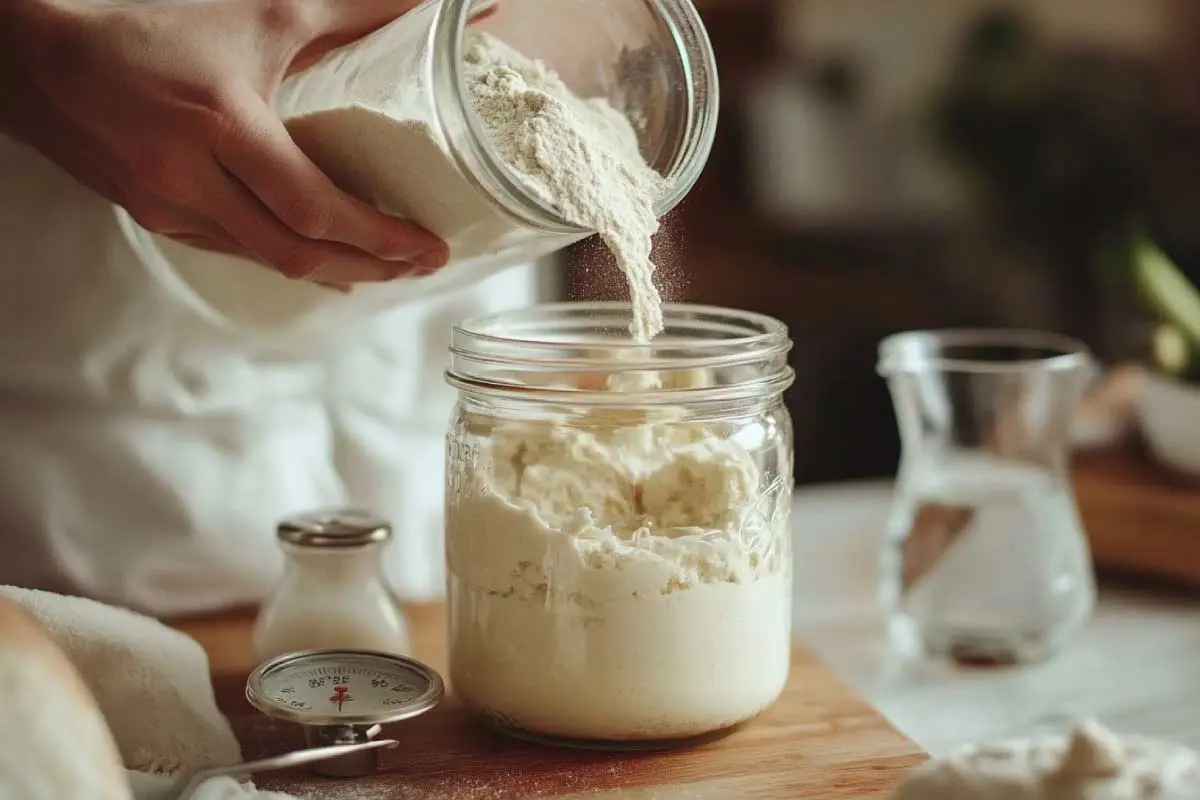
Now, let’s get down to brass tacks so I can walk you through the actual process. Making a starter isn’t complicated, but it does ask you for a bit of consistency. Think of it like feeding a low-maintenance pet—one that pays you back with ridiculously good bread instead of unconditional love.
Ingredients
To get started, you’ll need just two items:
- Organic flour (I recommend whole wheat flour for day one—125g or about 1 cup).
- Filtered water (110-115 grams or around ½ cup).
That’s seriously all!
Pro Tip: You can switch to all-purpose organic flour after day one if preferred.
Kitchen Tools
Here’s what I personally use:
- A clean glass jar or bowl (make sure it has enough room for the starter to expand).
- A kitchen scale (yes, it’s worth dusting yours off; precision matters here).
- A silicone spatula or spoon (not 100% necessary but sooo much better for mixing).
- A breathable cover (a clean dish towel, coffee filter, or even plastic wrap with tiny holes works fine).
Here’s How to Do It
- Mix Day 1 Ingredients: Combine 125 grams of organic whole wheat flour and 110-115 grams of water in your jar. Stir until no dry bits are left—don’t stress if it looks lumpy. (It kinda smells “raw,” but that’s normal.) Cover loosely and leave the jar at room temperature. Boom—you’ve started.
- Feed Daily: After 24 hours, discard about half the starter (trust me, this will make sense later) and add fresh flour (about 125g) and filtered water. Mix well, cover loosely, and let it do its thing.
- Wait and Watch: Around day three or four, you’ll notice bubbles. This is fermentation doing its magic! Keep feeding it daily, same as before.
- Know When It’s Ready: By day 5-7, your starter should be doubling in size within about six hours of feeding. That’s when you know it’s ready to bake with!
What’s the Secret to a Good Sourdough Starter?
Ah, this is one of my favorite questions. The secret (not-so-secret, actually) lies in consistency. Feed it at the same time every day, use good-quality organic flour, and keep it in a warm but not-too-hot spot. I usually put mine near a sunny window or on the counter—not so close to the stove, though. Too much heat can throw off the whole vibe.
Also, don’t overthink the “discard” part. I get it—throwing away starter feels wasteful. Good news: you can save the discard for pancakes, crackers, or fried dough snacks! (If I’ve piqued your interest, give “sourdough discard recipes” a quick Google.)
FAQ Time
What is the healthiest sourdough starter?
The healthiest starter is one that’s fed with whole-grain, organic flours—you’ll get more of those good-for-you nutrients and enzymes. But honestly, any active starter can support a healthy sourdough bread-making process.
What is an organic sourdough starter?
An organic sourdough starter is a live culture made from just organic flour and water. It’s free of synthetic chemicals, relying entirely on nature’s wild yeast and bacteria to ferment.
Is it okay to use organic flour for sourdough starter?
Yes, absolutely! Organic flour is my go-to because of its added nutrients, lack of pesticides, and better microbial diversity. You’ll likely have better success getting your starter going too.
What is the secret to a good sourdough starter?
Consistency, quality ingredients, and patience are the big three. (Bonus tip: Use filtered water to avoid chlorine, which can inhibit good bacteria.)
Why Your Starter Might Struggle
Look, sometimes things don’t go perfectly. If your organic sourdough starter isn’t bubbling, it might just mean your house is cool or there’s not enough wild yeast in your flour. Give it time. And if it smells “off” (like stinky gym socks), it could need more frequent feedings.
Time to Bake
Once your starter is ready, you’re all set to bake sourdough bread! In fact, I’d recommend starting with a no-knead sourdough recipe for beginners—it’s shamelessly simple but delivers that crust and chew we all obsess over. (Check Pinterest for inspiration—it’s kind of a rabbit hole of sourdough ideas.)
Final Thoughts On Organic Sourdough Starter
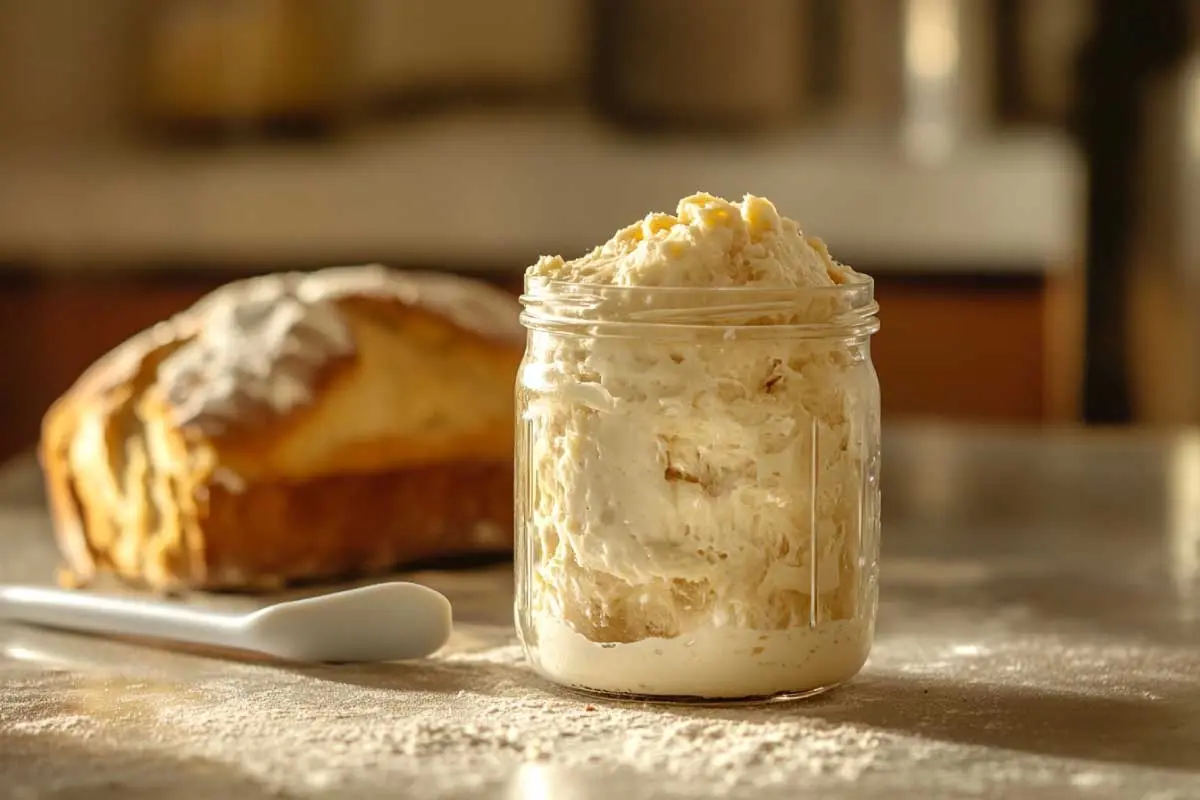
An organic sourdough starter might just be the most satisfying kitchen adventure you take on this year. It’s low-cost, endlessly rewarding, and a great way to connect with the roots of real food. Plus, there’s no denying the look on someone’s face when you casually announce, “Oh, I baked this bread myself.” Mic drop.
Let me know if you have any starter stories—or sourdough fails! We’ve all been there…




